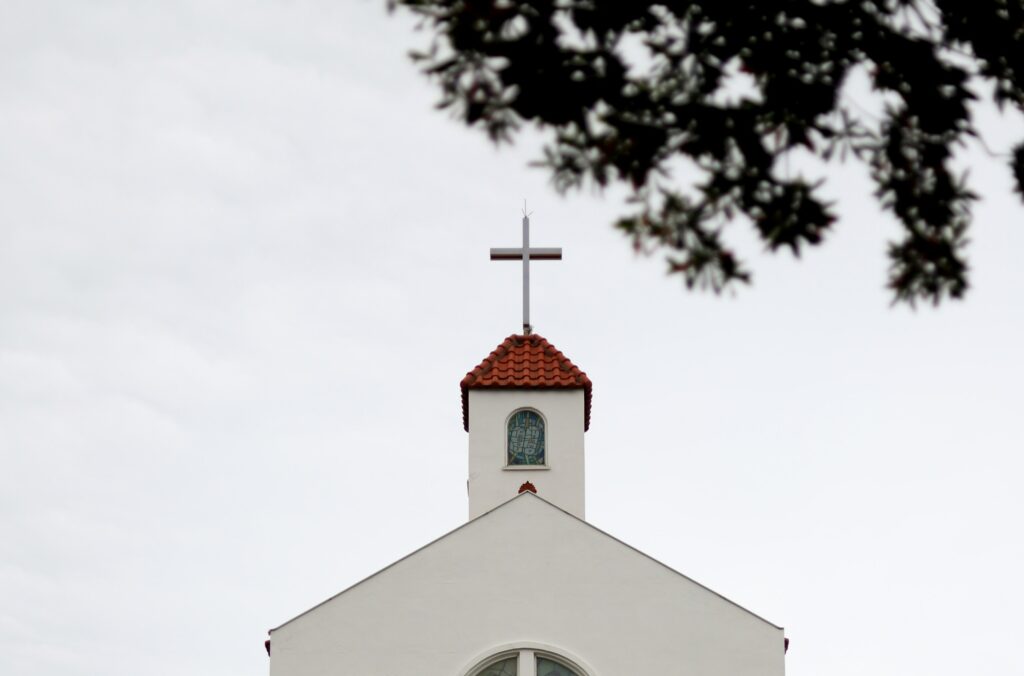
Part 1: Getting Started | Part 2: Personal Transcendence | Part 3: Transcendence in Action | Part 4: Responding with Praise
The psalmist has demonstrated God’s goodness through general revelation—specifically, what it teaches us about God’s person and works. Now he turns to special revelation—the story of how God has revealed himself to just one of his servants by choosing, blessing, and speaking to him.
The previous section, discussed in the previous post, ends by saying, “Our king [belongs] to the Holy One of Israel” (Ps 89.18 ESV). This statement naturally calls to the psalmist’s mind Israel’s greatest king, the patriarch of the nation’s defining dynasty. God, says the psalmist, has specially revealed himself as good through his dealings with David.
Powerful
God chooses David as a particular recipient of his power: “Mine arm also shall strengthen him” (Ps 89.21); “I will beat down his foes before his face, and plague them that hate him” (Ps 89.23); “In my name shall his horn be exalted. 25 I will set his hand also in the sea, and his right hand in the rivers” (Ps 89.24-25).
Before God was finished, David’s kingdom spread from the Mediterranean Sea in the west toward the Euphrates River in the north and beyond the Jordan River and the Dead Sea in the east. And God is here demonstrating not only his power, but his faithfulness; these boundaries recall his much earlier promise to Abraham (Gen 15.18) and to Moses (Ex 23.31).
Personal
26 He shall cry unto me, Thou art my father, my God, and the rock of my salvation. 27 Also I will make him my firstborn, higher than the kings of the earth (Ps 89.26-27).
God establishes a family relationship with David; Israel’s king is not only a worshiper and a servant, but a son—and a firstborn son at that.
The firstborn son had privileges in the family. Upon the father’s death, the firstborn son received a double portion of the inheritance, and he became the family’s patriarch in the place of the father. Now, if God is the father, he’s not going to die, and those provisions will never be placed into effect. But the place of the firstborn is the honored place.
The position did not need to follow biological birth order; God chose Jacob over Esau (Ro 9.12-13), and Jacob chose Joseph’s sons over Reuben (Ge 49.3-4, 22-26), and of Joseph’s sons he preferred Ephraim over Manasseh (Ge 48.14-20). Here David is the youngest of Jesse’s sons, but he is the ranking one of God’s chosen.
Permanent
We all know that David is not the end of this story; after him God chooses Solomon (2S 7.12-15), and by the end of that conversation we realize that this isn’t really about Solomon either; David will have a Greater Son who will reign forever; of his kingdom there shall be no end (2S 7.16; Is 9.6; 11.1, 10).
The psalmist recounts this part of the promise as well. David’s line will endure forever (Ps 89.4, 29, 36, 37).
Now, there hasn’t been a king on the throne of David since Judah’s exile to Babylon in 586 BC. Even after Judah returned from exile under Zerubbabel, the grandson of the last king, he was not king in his own right—most obviously because the Persians were in charge, but more importantly because God had cursed David’s line in Coniah and all his descendants (Je 22.24-28).
I’ve written elsewhere on this conundrum of providence. The curse is bypassed when Joseph, the cursed heir to Coniah’s throne, adopts the virgin-born son of Mary, conferring on him the legal claim to the throne but without the biological curse.
So Jesus the Christ becomes David’s Greater Son.
When did he begin to reign?
Theologians debate that; there are the Covenant Theologians and the Dispensationalists (Classic and Progressive), and that battle will end only when Christ visibly makes the answer obvious.
But no one will doubt when the trumpet sounds and the pronouncement echoes across the halls of the universe,
The kingdoms of this world are become the Kingdoms of our Lord, and of his Christ! And he shall reign forever and ever! (Re 11.15).
It is done (Re 21.6).
Hallelujah! (Re 19.4).
The psalmist is not finished. We’ll continue next time.
Photo by Jeremy Perkins on Unsplash

